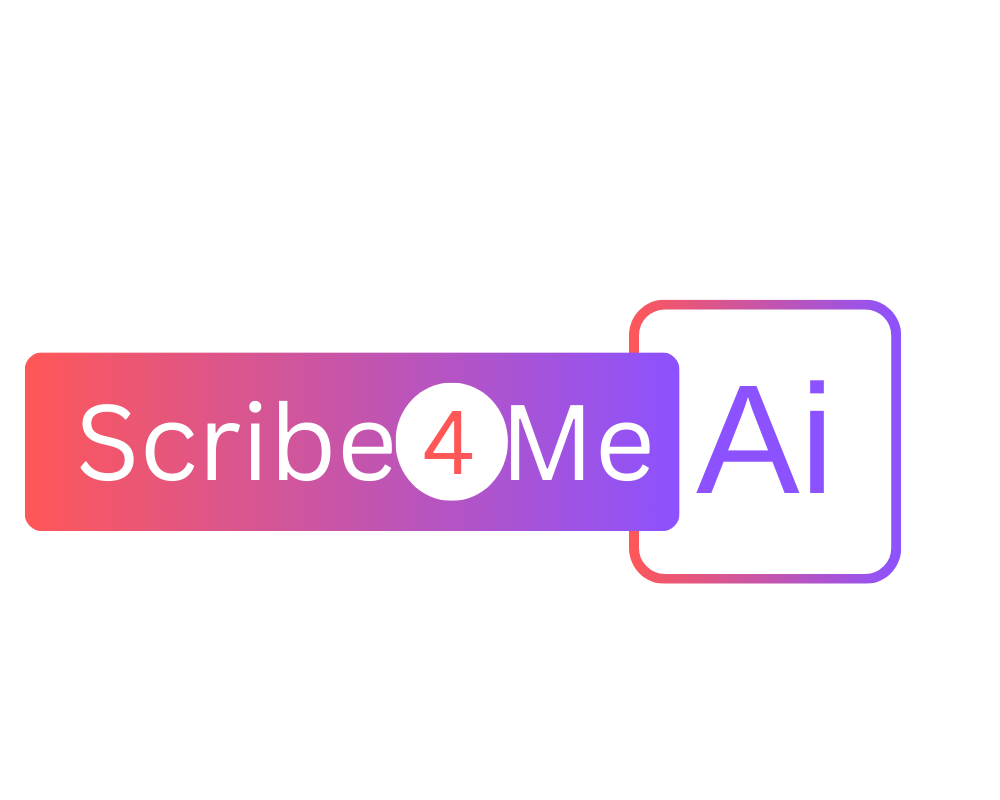

Are AI Scribes Set To Displace Traditional Human Scribes?
The healthcare industry is evolving rapidly, with technology playing a crucial role in transforming the way clinical documentation is handled by physicians. One such advancement is the introduction of AI medical scribes. While these digital scribes are designed to enhance efficiency and reduce the documentation burden on physicians, many may wonder if AI medical scribes can replace human scribes who have traditionally been crucial to the documentation process. In this blog post we will explore how the rise of AI medical scribes may threaten the traditional roles of human scribes by automating documentation tasks, potentially leading to their displacement.
The Shift In Clinical Documentation Practices
Eva Weinlander, a family medicine doctor at Stanford Primary Care, exemplifies the common practice of utilizing human scribes. During patient appointments, scribes diligently document the conversation, allowing physicians like Weinlander to focus entirely on patient care. However, the emergence of AI tools that listens to physician-patient conversations and generates notes in real-time, is beginning to change this dynamics. The rise of AI clinical documentation tools, often referred to as AI scribes, is transforming the way clinical documentation is done and, in some cases, replacing traditional human scribes. As these technologies continue to evolve, much of the routine clerical tasks that physicians currently handle may vanish.
The Future Of Scribes
The future of human scribes may be more precarious than ever, as advancements in AI clinical documentation tools are rapidly changing the industry. Pelu Tran, CEO of Ferrum Health, anticipates that most human scribing jobs could be replaced within the next 3 to 5 years. The surge in AI scribe startups, in just one year, shows the growing interest in this technology. Moreover, practices are also exploring these AI tools due to their cost-effectiveness compared to hiring human scribes. For instance, a human scribe can cost between $15 and $25 per hour, while an AI tool might cost a few hundred dollars a month per physician. This price difference makes AI solutions particularly appealing to practices that are looking to streamline their workflows and reduce expenses.
The Emergence of AI Scribing Tools
As ambient AI documentation tools gain traction, practices are beginning to test and adopt these technologies. For instance, Intermountain Health is rolling out AI scribes to all its physicians. Tamara Moores Todd, Intermountain's interim chief health informatics officer, said that AI tools could greatly improve the speed and accuracy of clinical documentation. Similarly, Tampa General Hospital has also rolled out AI scribes to over 300 physicians. The practice recently has canceled its contracts for human scribes, which shows their confidence in the capabilities of AI tools. Nishit Patel, the chief medical informatics officer at Tampa General, mentioned that AI scribe is just as effective as the human scribes.
Competing In The Age Of AI
Hiring human scribes is not only expensive but also prone to high turnover, according to Stephen Bello, SVP at Northwell Health. This health system which has relied on human scribes, is now considering using AI scribes. As more healthcare systems explore AI solutions, the competition is intensifying. Many human scribe companies are adapting to the rise of AI by developing their own AI tools to complement their remote scribing services. Anastasia Esse, a chief scribe at ScribeAmerica, expressed concern that AI could eventually displace human scribes, especially in various specialties. She advises new scribes to consider backup plans for their careers.
Conclusion
As AI scribing tools become more sophisticated, the reliance on human scribes may diminish, but they will not fully replace human judgment and expertise. Instead, a synergistic approach is likely to emerge, where AI and human scribes work together to improve the efficiency of medical documentation. The integration of AI in clinical documentation is a great way to streamline processes, reduce costs, and enable physicians to focus more on what matters most - patient care. As AI scribing technology continues to evolve, both physicians and patients will likely benefit from the advancements it brings to this field.
If you are looking to hire an AI medical scribe get it touch with Scribe4Me.Ai! To find out how Scribe4Me.Ai can help save time and improve your workflow, start a free trial today!


